Will President Biden’s Student Loan Forgiveness Program make it past the US Supreme Court and rescue millions of debt-ridden former college students? Let’s take a look.
Top News Today :
Last year, Mr. Biden used the 2003 HEROES Act to allow Education Secretary Dr. Miguel Cardona to “waive” or “modify” student loans during the COVID national emergency. Almost immediately, conservative politicians barked at the idea, claiming it would harm states and other Americans (read: “We had to pay back student loans, so everybody else should, too.”). They also threw a hissy fit when they realized the program could be a political feather in Mr. Biden’s cap come 2024.
The battle was on!
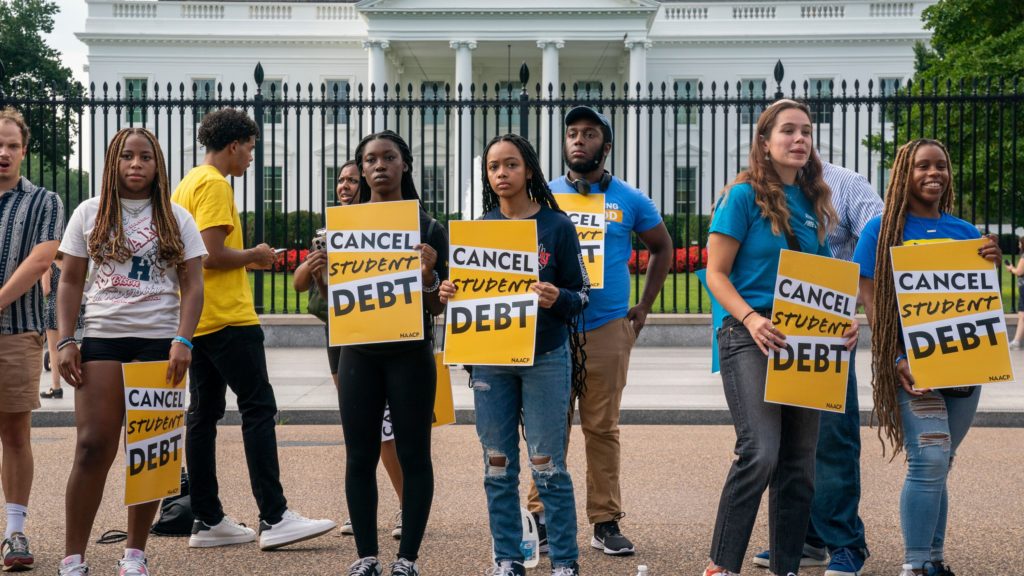
The conservative states of Arkansas, Iowa, Kansas, Missouri, Nebraska, and South Carolina argued that President Biden lacks the authority to use his Student Loan Forgiveness Program to forgive billions in student loan debt en masse. They also argued that they would be financially harmed if the federal government canceled the debt.
The case made it all the way to the US Supreme Court where the majority of conservative justices (mostly Donald Trump appointees) were tasked with deciding yay or nay on the Biden Student Loan Forgiveness Program.
Interestingly, the justices surprised observers by ordering the states to prove why/how they would be harmed if the program was implemented — a task the states have simply been unable to provide. This means that not only will the states not be harmed by the program, but they’re apparently hell-bent on preventing millions of Americans from getting out of a debt they had to pay back themselves.
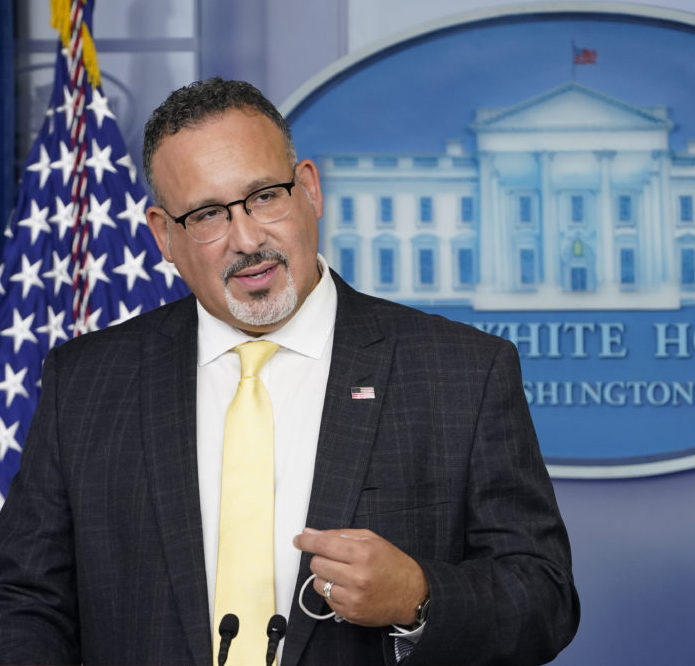
All total, 26 million Americans applied for student loan cancellation and await a court decision which is expected to come in June. Americans who were approved for the program have already been notified and their loan forgiveness could occur the moment the Supreme Court issues its ruling.
However, Student Loan Forgiveness Program proponents are urging President Biden and his administration to create a Plan B just in case the high court rules against debt forgiveness. That could include turning to the Higher Education Act of 1965, or attempting to pass the program via Congress (assuming Democrats regain control of the US House of Representatives in 2024).
The Student Loan Forgiveness Program has become an urgent tool to get borrowers out of crippling debt that began when they were only 17 or 18 years old. Some borrowers simply don’t make the salaries to pay back the large college debt. Others have been paying for decades but the money they owe (considering interest charges) has barely dwindled and seemingly never ends.
Something has to be done to help these adults who went into massive debt as teenagers.
OK WASSUP! discusses the Top News Today:
Student Loan Forgiveness Program could go either way.

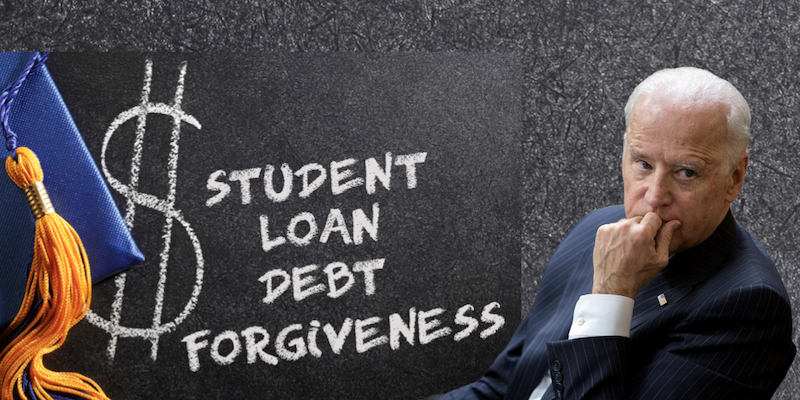
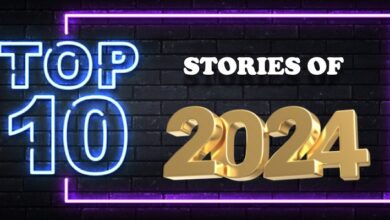


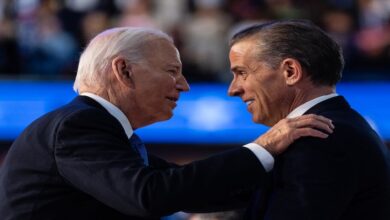
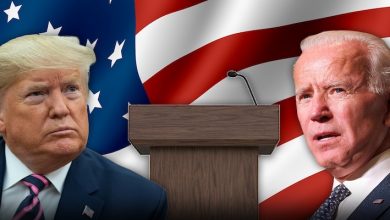
Business Insider:
Supreme Court justices might not like President Joe Biden’s student-loan forgiveness — and they might not even think he has the authority to carry it out.
But none of that matters if the court finds that a major legal condition doesn’t exist: standing, in which a plaintiff must prove concrete injury caused by the policy they’re challenging.
When the Supreme Court took on the two cases that paused Biden’s plan to cancel up to $20,000 in student debt for federal borrowers on Tuesday, all justices scrutinized whether the plaintiffs in both cases had the grounds to sue Biden’s plan in the first place. The first case the court heard was brought by six Republican-led states who argued the debt relief would hurt their states’ tax revenues, and the revenue of student-loan company MOHELA. The second case was brought on behalf of two student-loan borrowers who did not qualify for the full $20,000 amount of relief.
Both cases brought up issues with Biden’s authority to use the HEROES Act of 2003 to cancel student debt, which gives the Education Secretary the ability to waive or modify student-loan balances in connection with a national emergency, like COVID-19. They argued the president was demonstrating executive overreach using that law and said it’s not what Congress intended.
While the justices questioned all of those topics, they spent the bulk of the time drilling into the issue of standing. Article 3 standing is something all plaintiffs must prove — that they would be injured by the policy, that the injury can be directly traced back to the defendant, and that the relief they’re seeking would address those injuries.
Repubs are treating Biden like they did Obama. Anything he is for they have to be against. Helping all these people get out of debt is not going to hurt anybody. They are just being hateful.